Governor Cao Huu Duc (1799 - 1859) was from The Chi Tay village, Dien Hoa commune, Phong Dien district, Thua Thien Hue province. After King Tu Duc passed away, he took the temple name Duc Tong Anh Hoang De. To avoid offending the taboo, his son Cao Huu Sung "asked to use his own name, so he was called Huu Bang". According to Quoc Trieu Huong Khoa Luc, he was one of ten people who passed the Huong Cong exam in the year At Dau (1825). During the reigns of King Minh Mang, Thieu Tri, Tu Duc, he held many different positions: Hiep Ly, Tu Vu, Ngoai Lang, Thi Lang, An Sat, Tuyen Phu Su, Tuan Phu and the highest position was An Ha Governor, from the 9th to the 12th year of Tu Duc (1856 - 1859). He was praised by the court as a person who "served three dynasties, was respectful and honest, served as an official in many border provinces, and was admired by both Kinh and Tho people" (According to Dai Nam Thuc Luc).
The above recognition comes not only from his talent but also from the virtue of an honest mandarin. It is the result of a process of self-cultivation and strict training, demonstrated through the poem "Tu huan minh" composed by Governor Cao Huu Duc himself. Written in the five-word poetic form in Chinese characters, "Tu huan minh" is a self-reminder (tu huan) of the motto in life that he kept in mind. Although the year of composition cannot be clearly determined, the artifacts still preserved at the Cao family temple in The Chi Tay village show that, nearly 20 years after his death, in the 31st year of Tu Duc (1878), his son Cao Huu Sung (alias Lu Khanh), at that time Quang Loc Tu Khanh, holding the position of Bo Chinh of Hanoi province and concurrently the Chief Inspector of the Thong Bao Bureau, respectfully engraved it on a wooden board to pass on to future generations.
The content of the poem was translated by Teacher Phan Dang as follows: “Always hope for family reunion, keep yourself solemn/ Open your words to avoid lack of courtesy, keep your heart and mind upright/ One thing to respect is virtue, a hundred things will never go wrong/ Must often blame yourself, why must you find fault with anyone/ Fear three things to fear, always remember nine favors/ Be frugal and follow great virtues, filial piety to teach your grandchildren/ Respect the elderly to cultivate good customs, respect yourself to preserve your lineage/ Love without omission, favors will surely be far-reaching/ Do not rely on power to force, do not use force to intimidate anyone/ Pity those in trouble, do not use force to threaten danger/ Do not do evil, no matter how small, try to do small good deeds/ Words spoken must be considered, do not force anyone to hate/ Worship righteousness, do not change for profit/ Do not care about wealth, do not waste any favors/ Having wealth but still saving, even though the body is far away/ Better to be poor but clean, than rich but ignorant/ Always keep this heart forever, never waste a penny/ Heaven never fails, children and grandchildren always remember”.
Not simply a self-admonition of a patriarch, “Tu huan minh” is also a family lesson, educating children about morality and standards of conduct in the family as well as in society (benevolence, courtesy, righteousness, wisdom, trustworthiness, diligence, thrift, integrity, filial piety, careful speech, careful action, etc.). The fact that Governor Cao Huu Duc composed and generations of children in the family continued to engrave “Tu huan minh” also shows an ancient way of education with a combination of setting an example through actions (body teachings) and teaching through words (language teachings). Accordingly, the plaque engraved with “Tu huan minh” in the Cao family temple has a particularly sacred meaning, not only a symbol of the bond between people of the same bloodline but also a symbol of family traditions and customs.
The development of today's society has reduced the role of the family as a place to transmit cultural knowledge, life skills, etc. However, the family is always the first environment to nurture the personality of each person. The words and actions of the previous generation are a mirror that greatly influences the morality and personality of the next generations. The good core values of the family cannot be preserved and inherited if grandparents and parents do not themselves recognize and have the right behavior for their children and grandchildren to follow.
Source




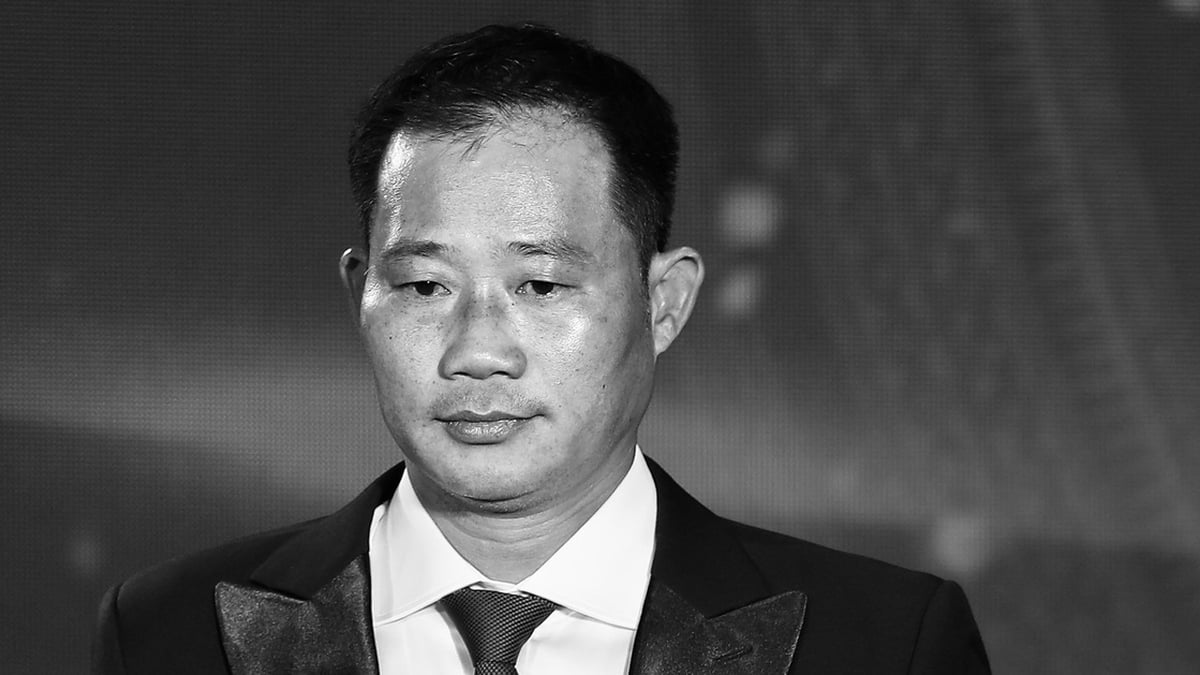
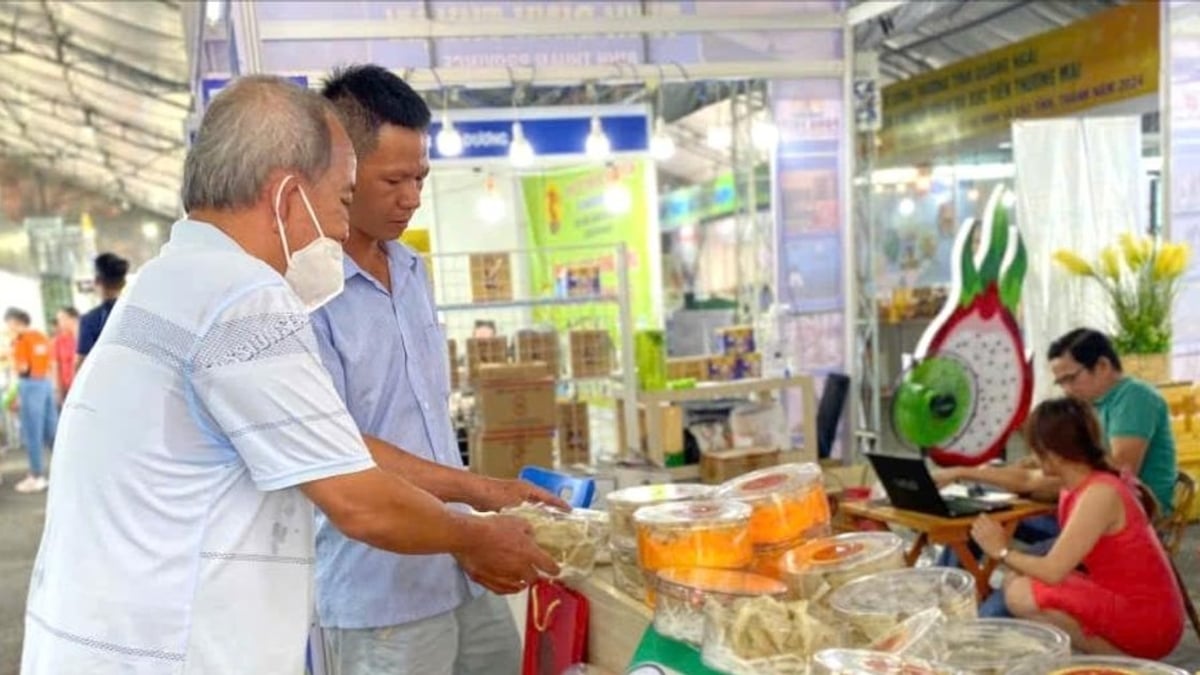

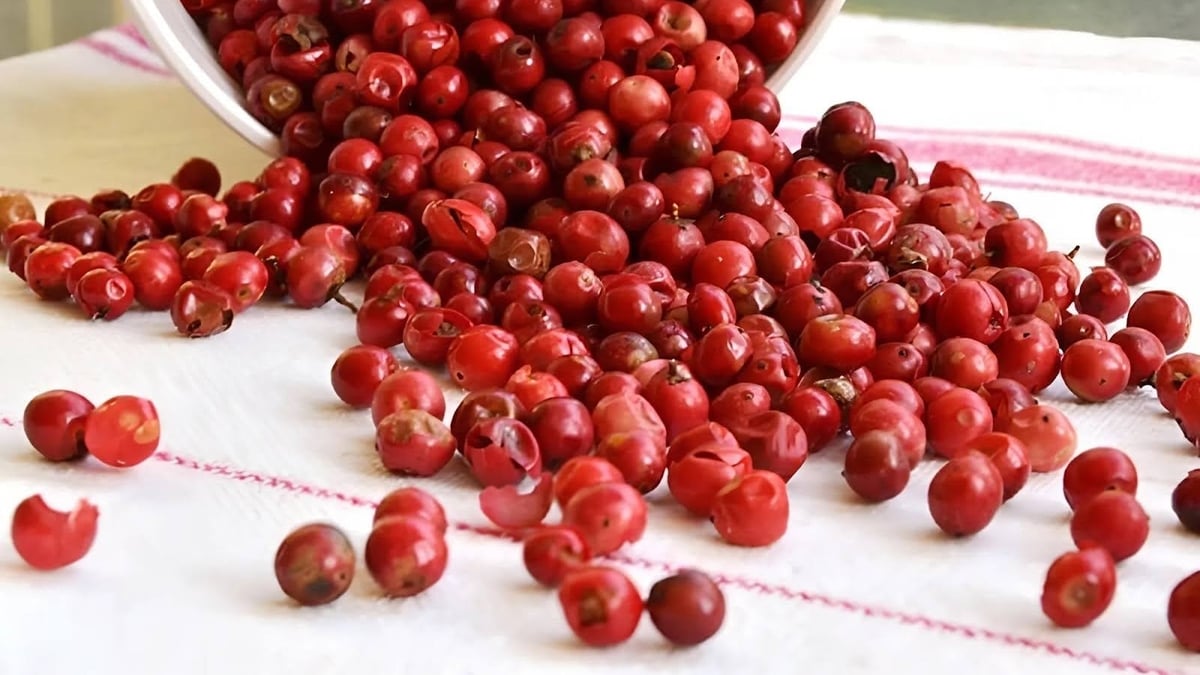

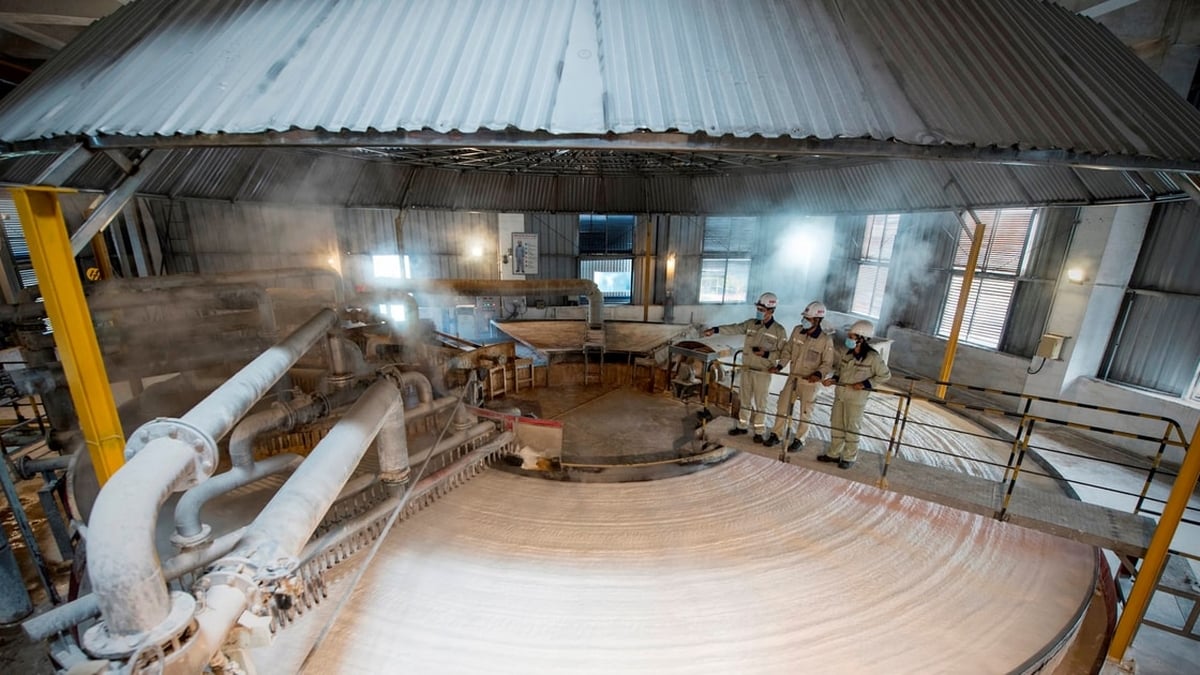
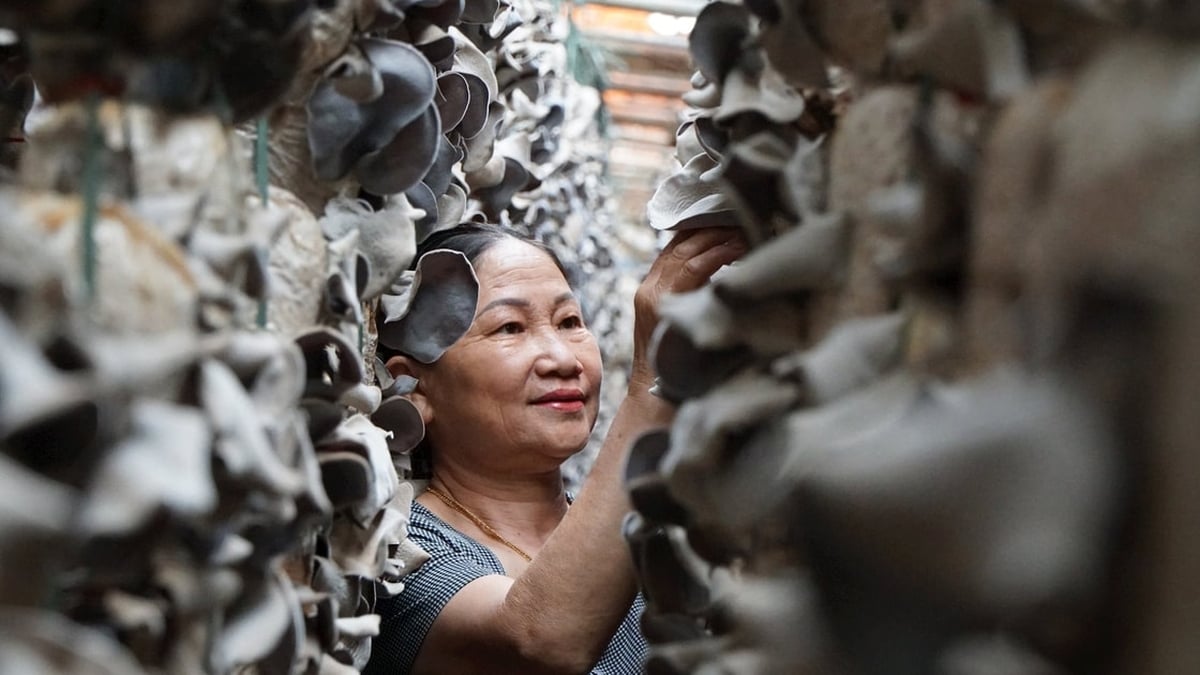



















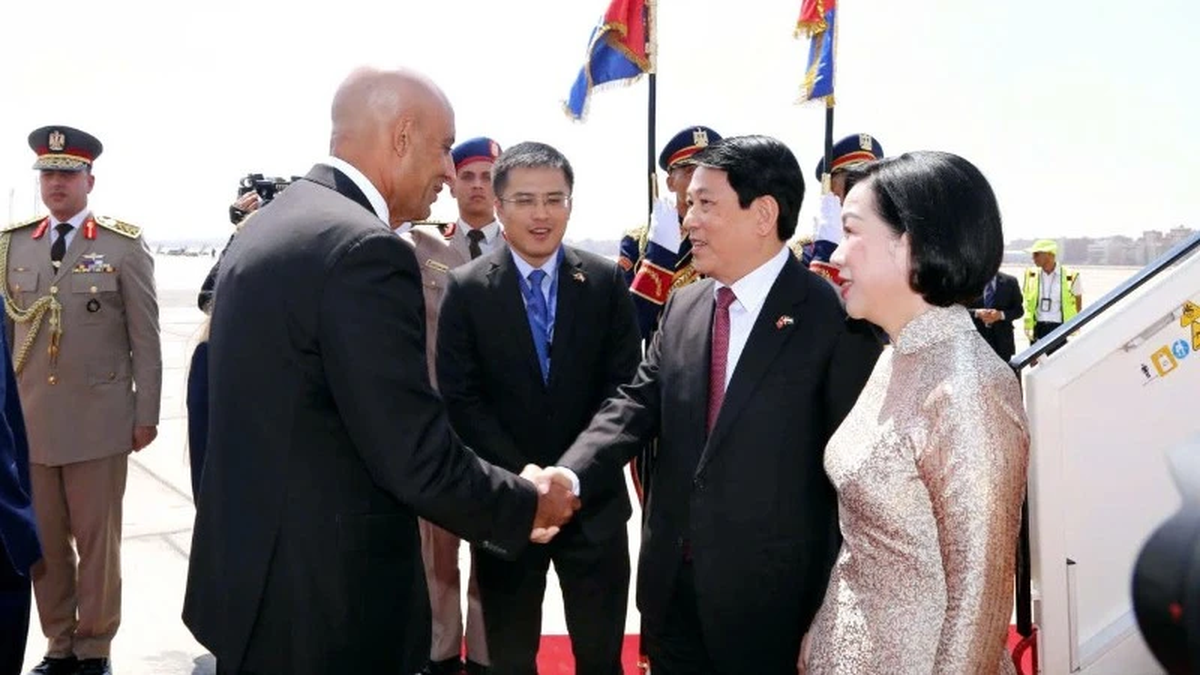





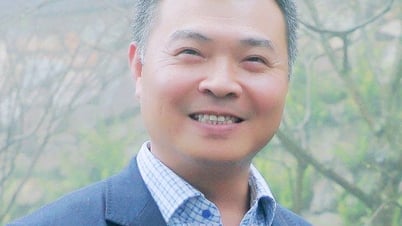
















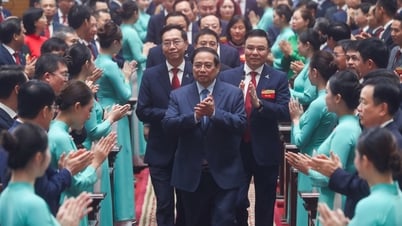












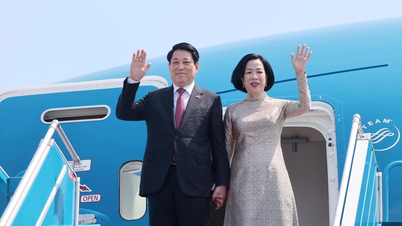
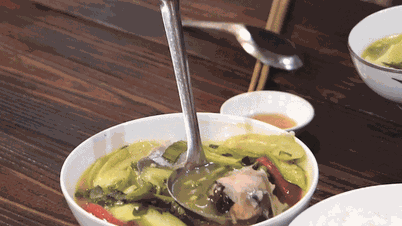




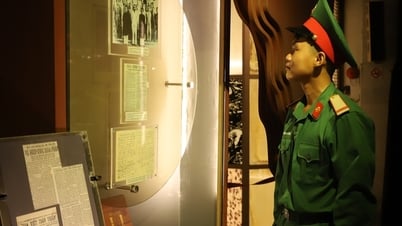
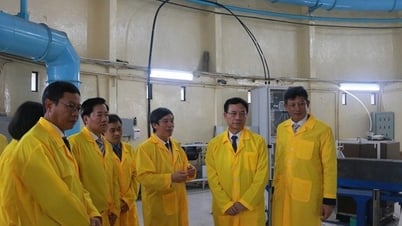


























Comment (0)